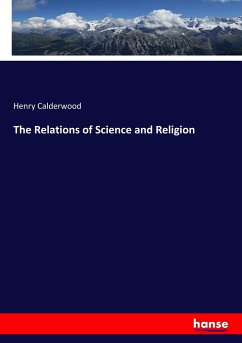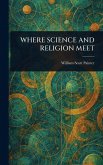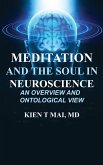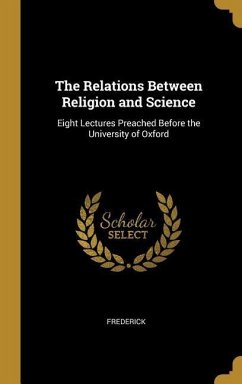"The Relations of Science and Religion," by Henry Calderwood, explores the complex interplay between scientific inquiry and religious belief. Originally delivered as the Morse Lecture in 1880, this enduring work delves into the historical and philosophical connections between science and theology. Calderwood examines the points of convergence and divergence between these two powerful forces, offering insights into the ongoing dialogue concerning their respective domains. This meticulously prepared edition examines the subject of religion and science, presenting a clear and thoughtful discussion on the relationship between faith and reason. Readers interested in the philosophy of science, religion, or the broader interaction between science and religion will find Calderwood's work a valuable resource for understanding the historical context of this ongoing conversation. Explore the intersection of scientific thought and religious understanding in this significant contribution to the field. This work has been selected by scholars as being culturally important, and is part of the knowledge base of civilization as we know it. This work is in the public domain in the United States of America, and possibly other nations. Within the United States, you may freely copy and distribute this work, as no entity (individual or corporate) has a copyright on the body of the work. Scholars believe, and we concur, that this work is important enough to be preserved, reproduced, and made generally available to the public. We appreciate your support of the preservation process, and thank you for being an important part of keeping this knowledge alive and relevant.
Bitte wählen Sie Ihr Anliegen aus.
Rechnungen
Retourenschein anfordern
Bestellstatus
Storno









